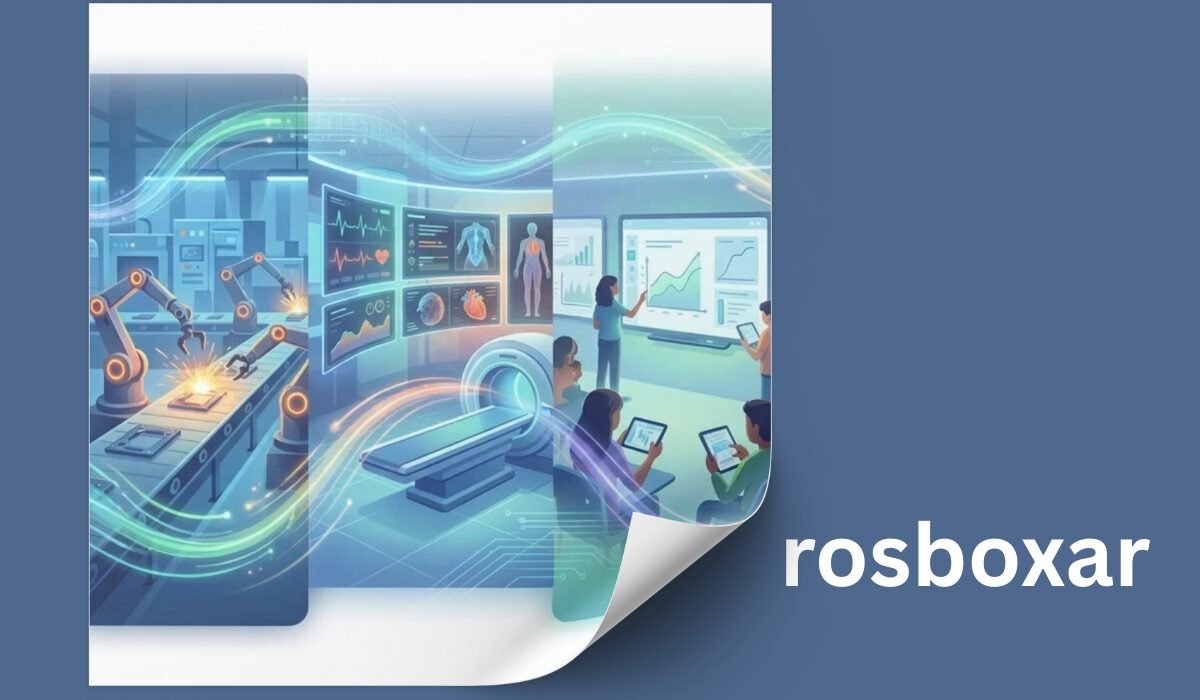Advanced manufacturing is a rapidly evolving field that integrates cutting-edge technologies to improve products and processes. This industry requires a skilled workforce that is well-versed in sophisticated production techniques. Many turn to specialized Manufacturing Courses offered by educational institutions and training programs to gain the necessary expertise. These courses help workers stay abreast of the most recent developments and industry best practices in manufacturing. As automation and digitalization increase, the demand for a more agile and technologically adept workforce becomes more critical, underscoring the need for comprehensive educational and training programs designed for advanced manufacturing roles.
The Importance of Workforce Preparation
As manufacturing advances, workforce preparation is crucial for maintaining competitiveness in a global market. Proper training helps workers adapt to new technologies and methodologies. Continuous education and skills development are essential for employers and employees. Investing in workforce preparation increases productivity, improves product quality, and enhances employee satisfaction. Prioritizing workforce development allows organizations to innovate and adapt to market changes, solidifying their competitive edge.
Critical Skills Required in Advanced Manufacturing
The advanced manufacturing sector demands a unique set of skills to operate effectively. These include:
- Technical Proficiency: Workers must be familiar with advanced machinery and software tools. Understanding and manipulating complex systems ensures efficient and accurate production processes.
- Problem-Solving Abilities: The ability to troubleshoot issues and optimize processes is highly valued. Employees must be able to identify problems, analyze solutions, and implement effective strategies to improve operations continuously.
- Knowledge of Digital Tools: Understanding digital tools and technologies is crucial for modern manufacturing settings. This includes familiarity with Computer-Aided Design (CAD) software, robotics, and other digital resources that facilitate innovation and efficiency.
- Collaboration and Teamwork: Manufacturing projects often require coordinated efforts from various team members and departments. Effective communication and teamwork can significantly enhance project outcomes and operational success.
Educational Pathways and Training Programs
Various educational pathways, including vocational training and higher education degrees, equip workers with the necessary skills for advanced manufacturing. Several schools offer specialized programs emphasizing the real-world implementation of technology in manufacturing. For example, MIT has launched innovative educational programs to advance the field of manufacturing, demonstrating the sector’s emphasis on ongoing learning and specialization. Academic institutions can offer programs aligned with current industry standards and future trends through partnerships with industry leaders. These collaborations benefit students by providing relevant and up-to-date knowledge and help manufacturers create a pipeline of highly skilled workers ready to meet industry demands.
The Role of Technology in Modern Manufacturing
Modern manufacturing uses automation, robotics, and artificial intelligence to improve efficiency and productivity. Integrating IoT devices and intelligent manufacturing practices significantly transforms the industry, offering real-time monitoring, predictive maintenance, and improved decision-making. Therefore, the workforce must be trained to effectively utilize these technologies, emphasizing the importance of robust training programs to address these technological advancements.
Challenges Facing the Manufacturing Workforce
Advanced manufacturing faces challenges such as a skills gap and the need for continuous education. The digital divide in manufacturing restricts access to new technologies and training opportunities, especially for SMEs. The quick speed of technological progress exacerbates the skills gap, making it difficult for training programs and educational institutions to stay up. To overcome these issues, a coordinated effort from industry leaders, educators, and policymakers is needed to ensure training programs remain relevant and accessible to all workforce members.





